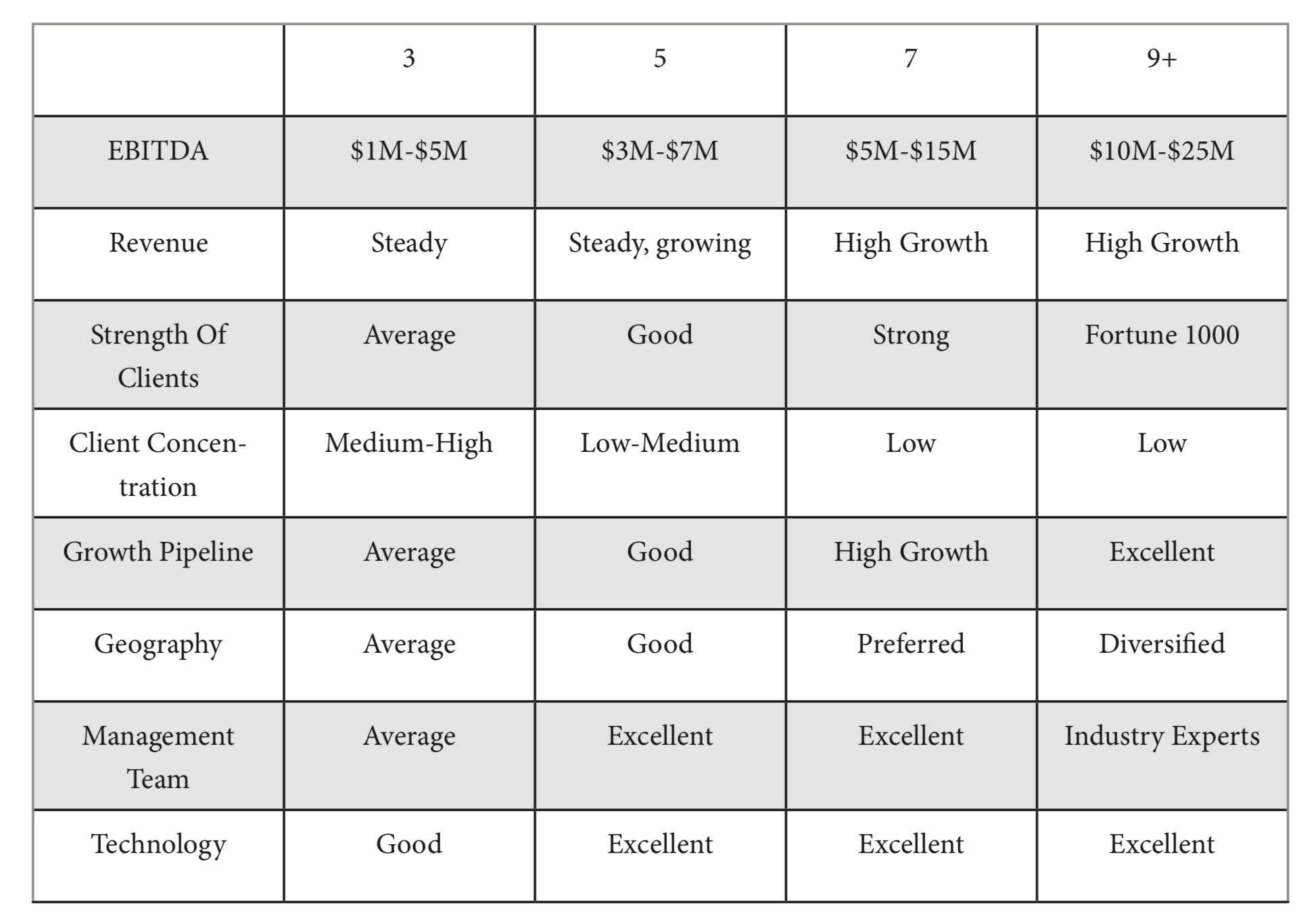How to Get The Most Value (Highest Price) For Your Call Center

All businesses sell. Whether it’s by retirement, generational transfers, or in good times or bad, 100% of business entities will change hands during or shortly after the lifetime of the owner. Those owners who plan and strategize for
an exit are far more likely to achieve higher value and leave the business in their preferred place than those with no plan.
In this blog series, you will discover what’s in a solid exit plan and how to begin writing it. Also, we will discuss the types of exits, types of buyers, and how maximum value is achieved. The last part of the series will be devoted to a Q&A from your input, so be sure to reply with any questions or comments you may have.
The first question every owner asks when considering and exit is, “How much is my call center worth?”. While this is a very reasonable and understandable question, it’s first important to discuss the state of Mergers and Acquisitions of call centers / BPOs and how that will impact your future sale. Currently, with the price of money being at historical lows and private investments (private equity) dollars being at record levels, the demand for acquisition of pro table businesses is skyrocketing.
In the call center / BPO arena, the prices and terms of exit have never been more favorable to call center owners. Lower technological demands, greatly reduced cost of tele- phony and long distance, and an environment of reasonable human capital cost have lifted the barriers to entry into the marketplace, increasing demand for acquisitions, roll- -ups, and consolidations.
We are seeing a lot more cash exits, with portions of consideration in stock, earn-outs, and seller notes. It’s no coincidence that, with increased demand and decreased barriers to entry, the multiples by which call centers are priced have significantly risen. As demand is at its highest, exit deals are at their best.
So, the first part of the answer to “How much is my call center worth?” is more than in previous years because it’s an owner-friendly market. The second part of the answer, though, requires you , the owner, to determine worth. For this, it’s important to clarify the owner’s exit goals. Why are they selling? Where do they want the business to land? Is it important to keep key personnel after the sale? Do they want more of a cash structure or would they entertain stock, earn-outs, or seller notes? Do they want to stay on after the sale and have another bite of the apple down the road? Are there key clients and contracts that need to be maintained after the close? Do they have a buyer picked out?
Once those questions are answered, an exit strategy would detail a buyer pro le of whom the seller would like to work with and how they want to be paid. After that, it comes down to the health of the business, lots of accounting work, a strong marketing pitch, and serious negotiating in order to execute a proper exit strategy that maximizes the price and value of an exit.


